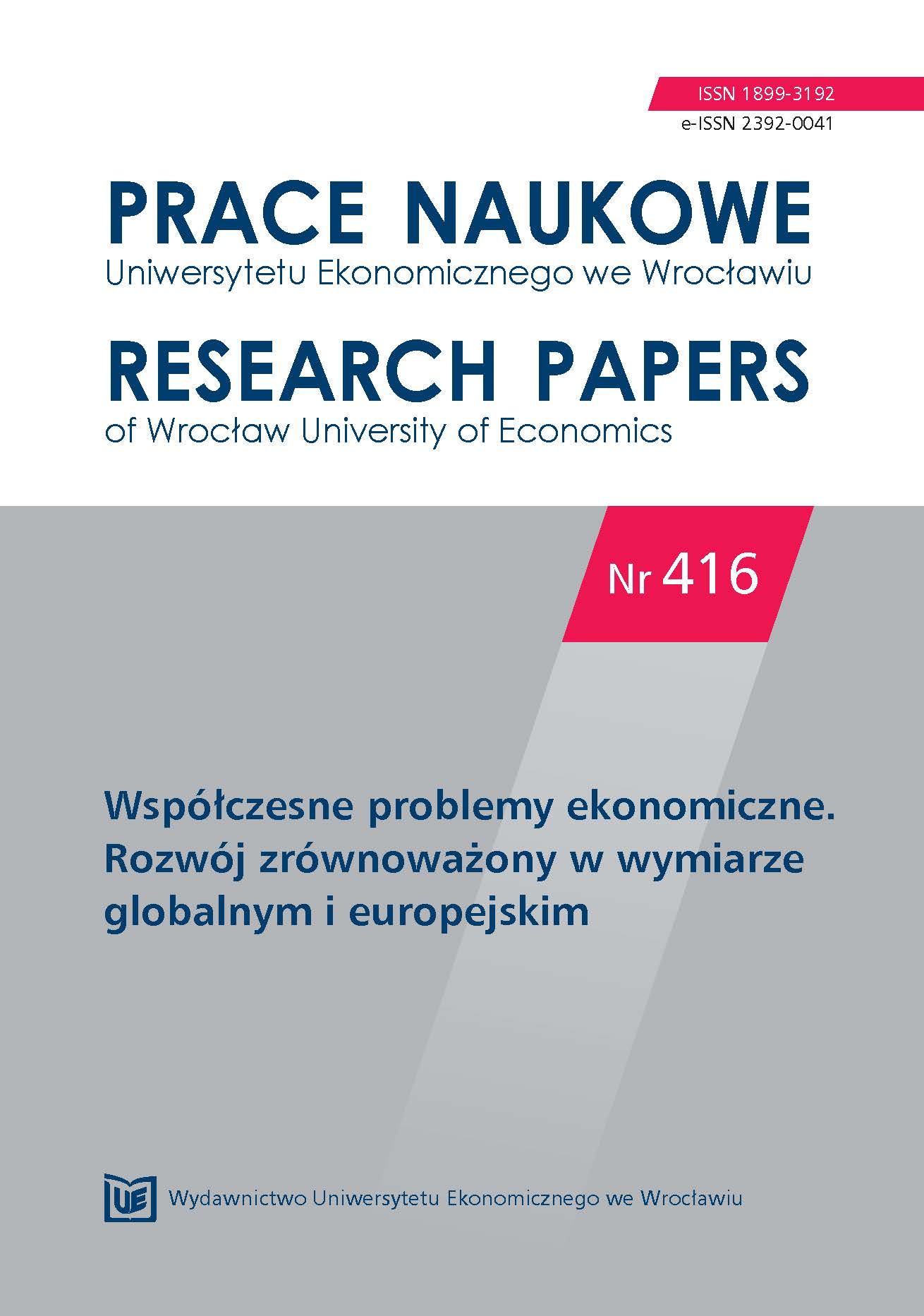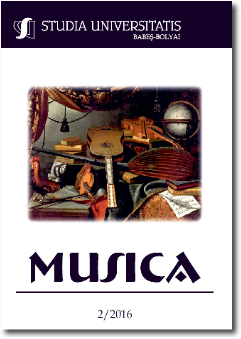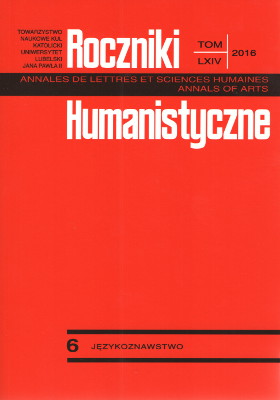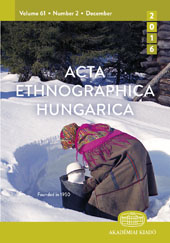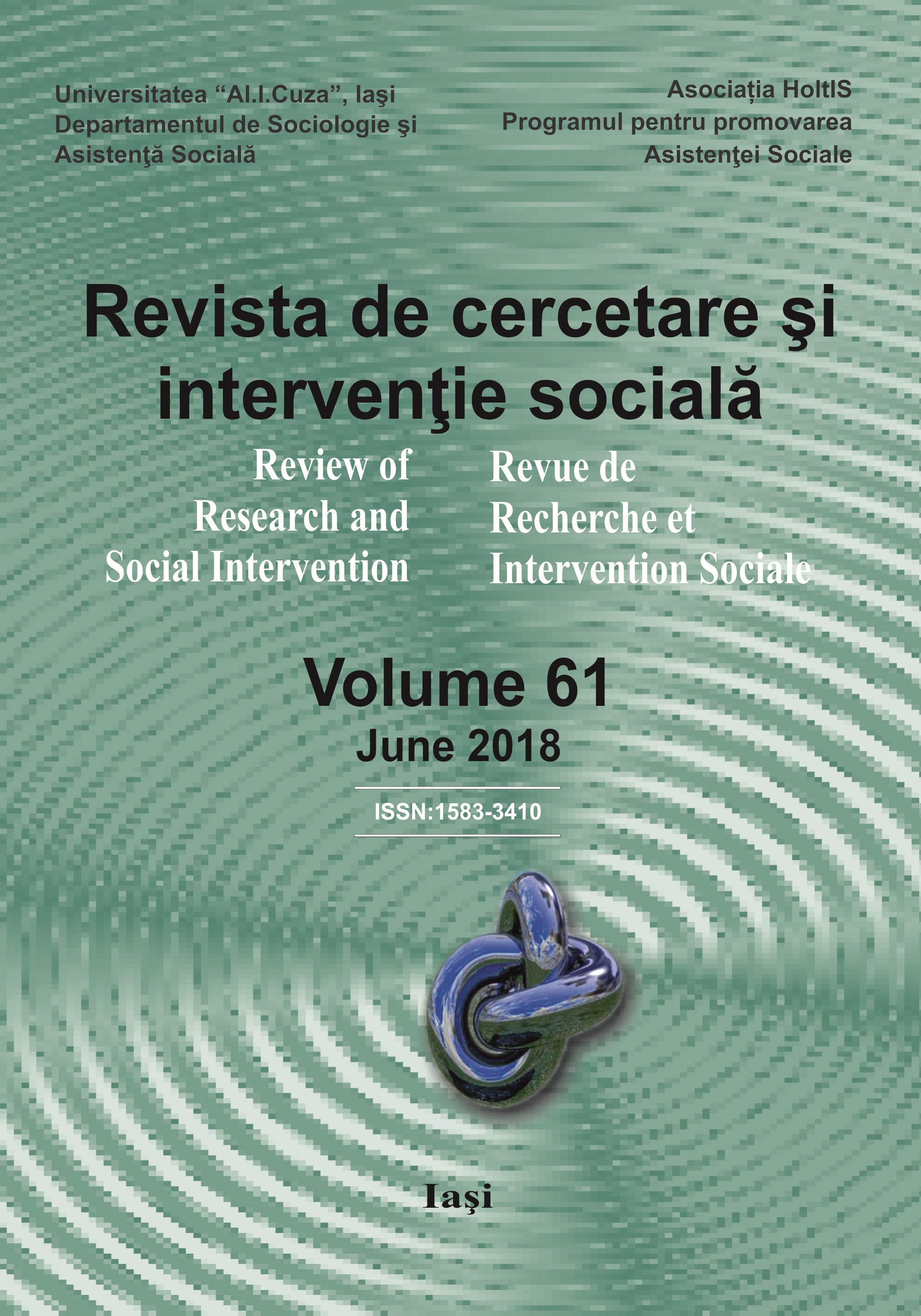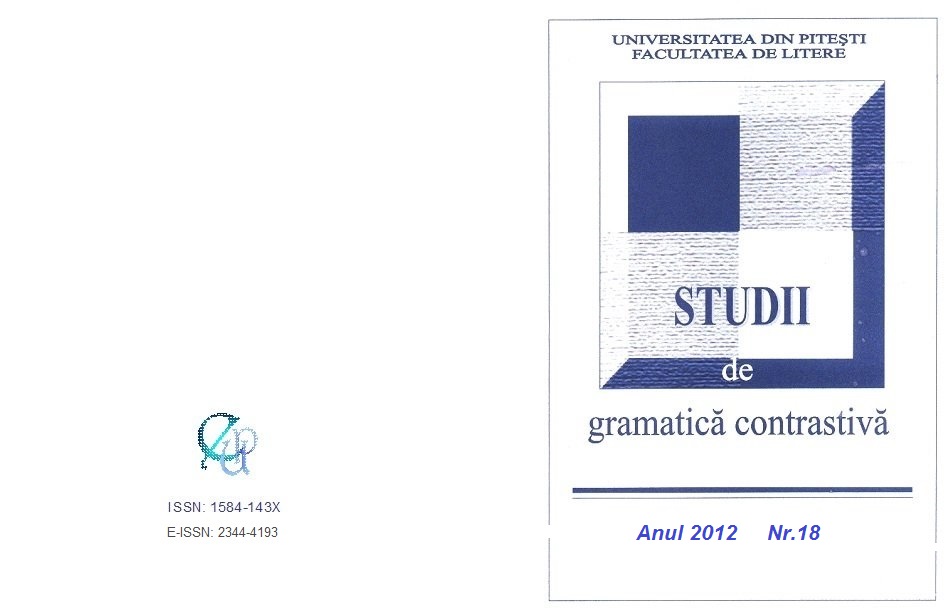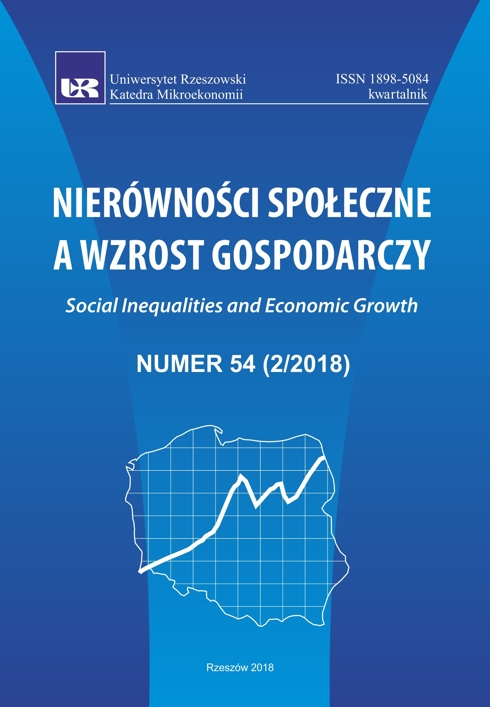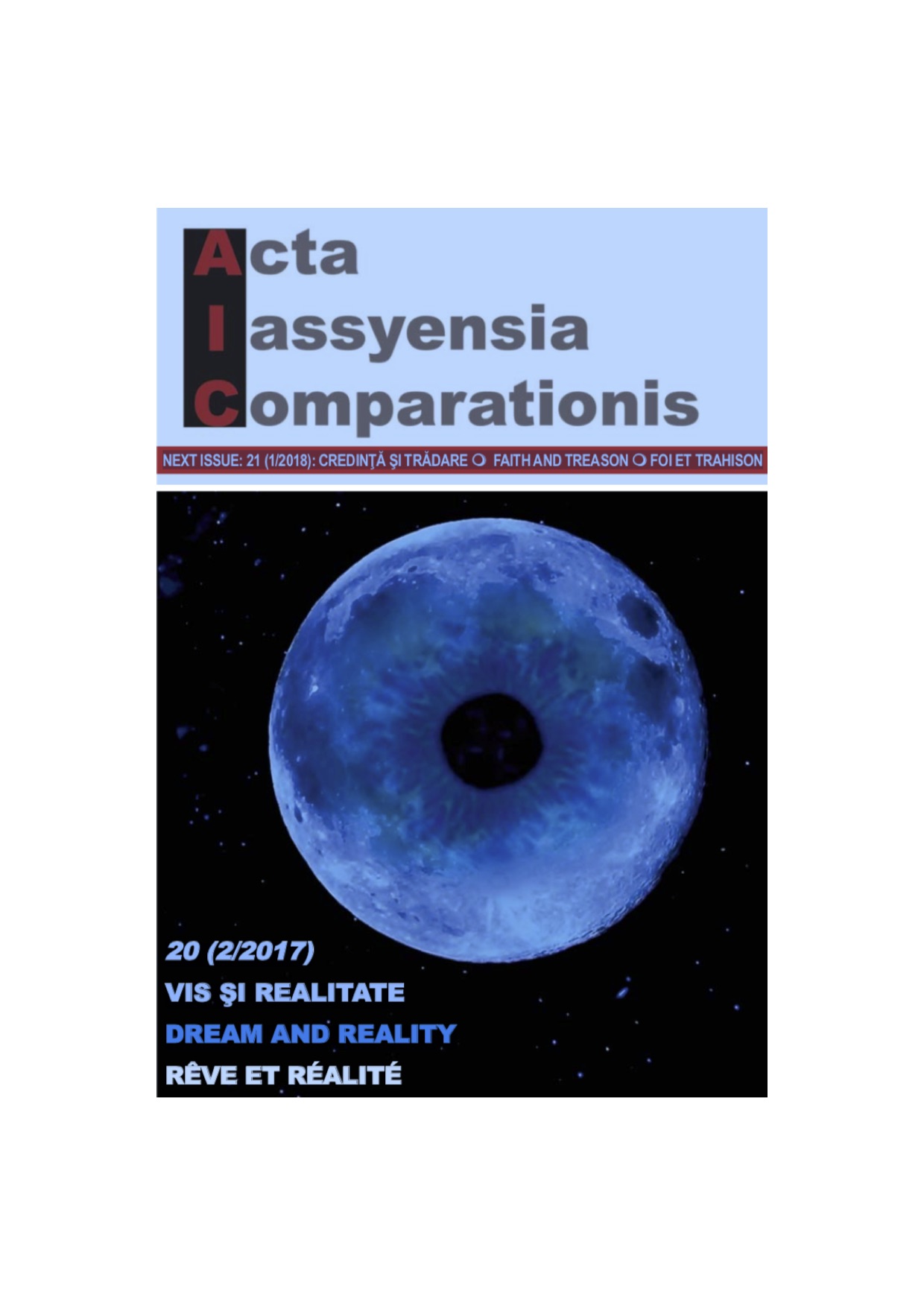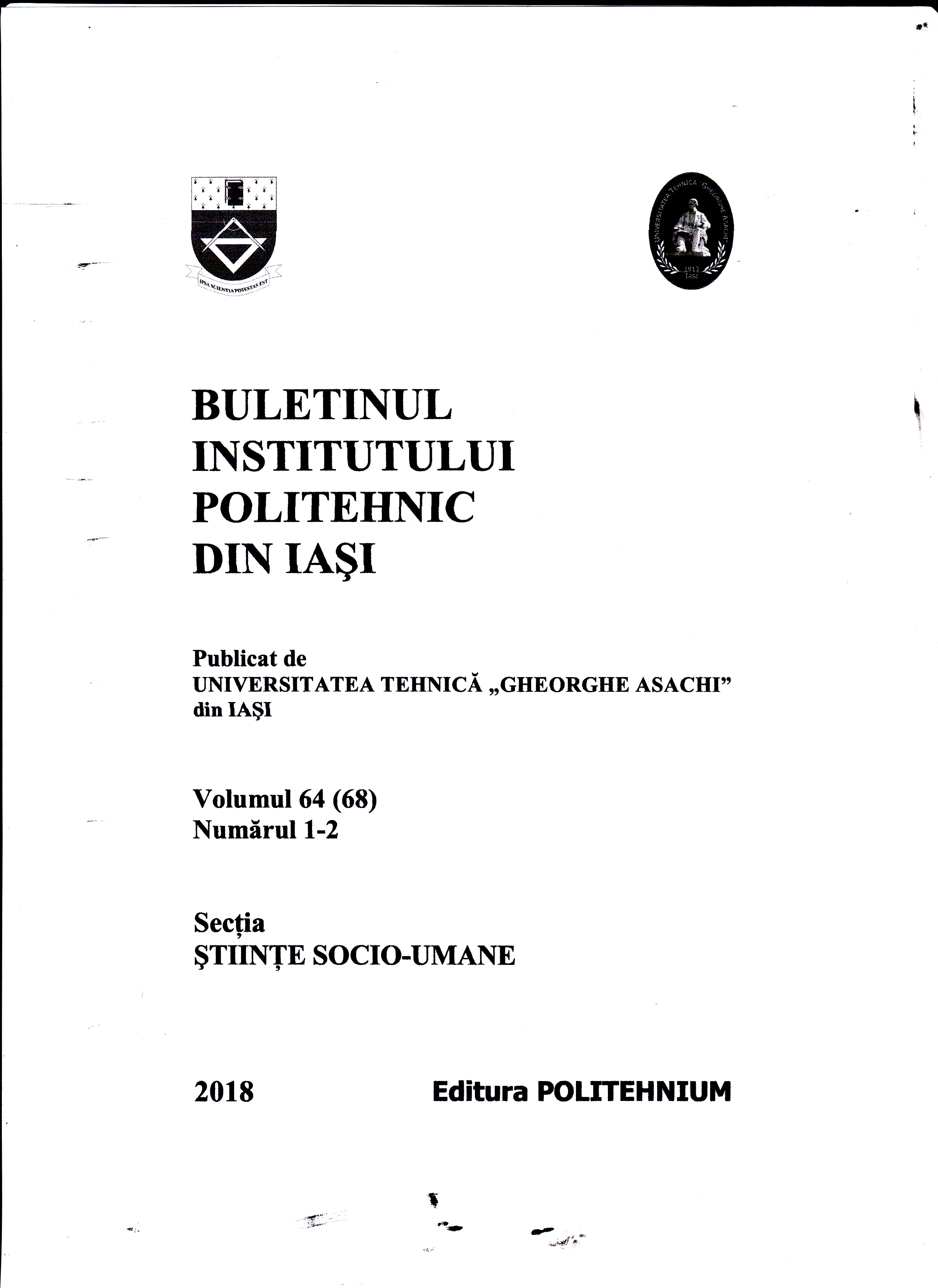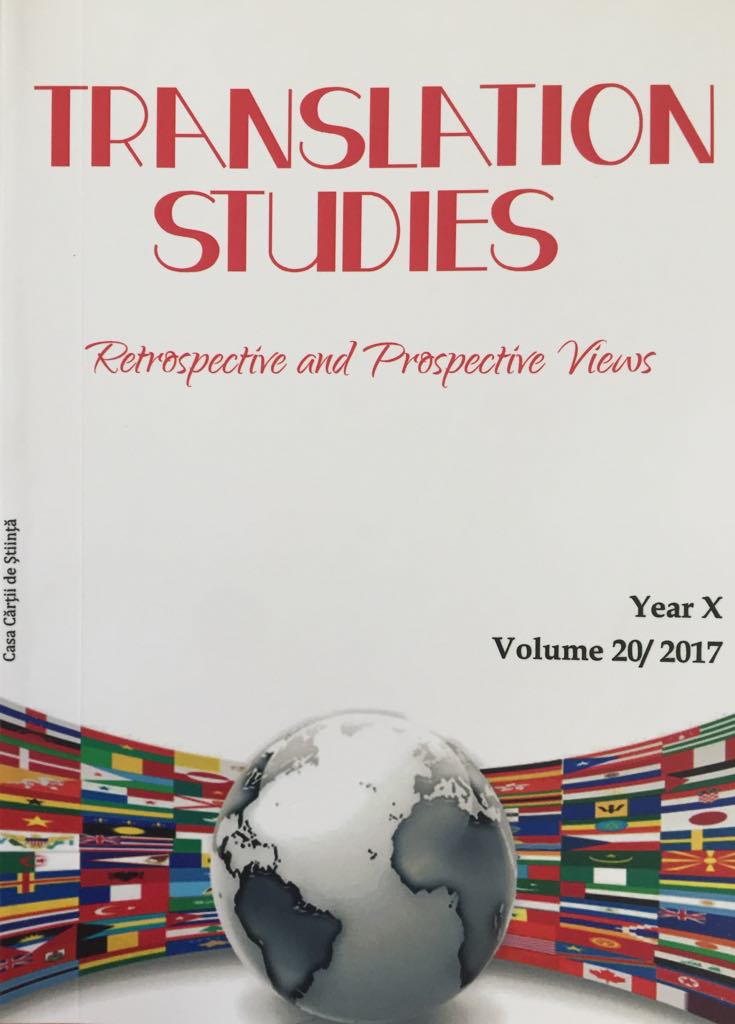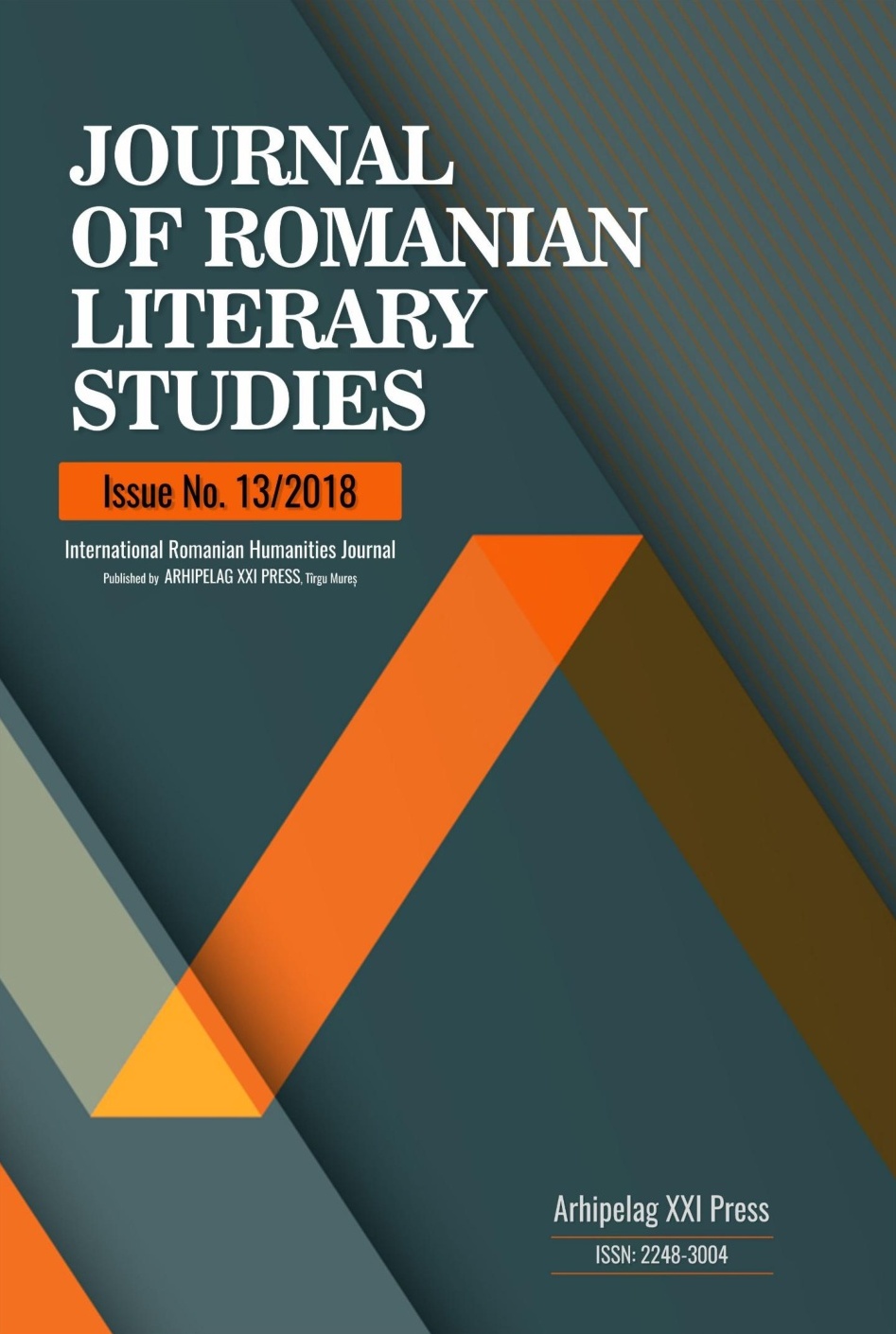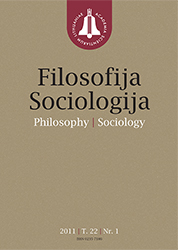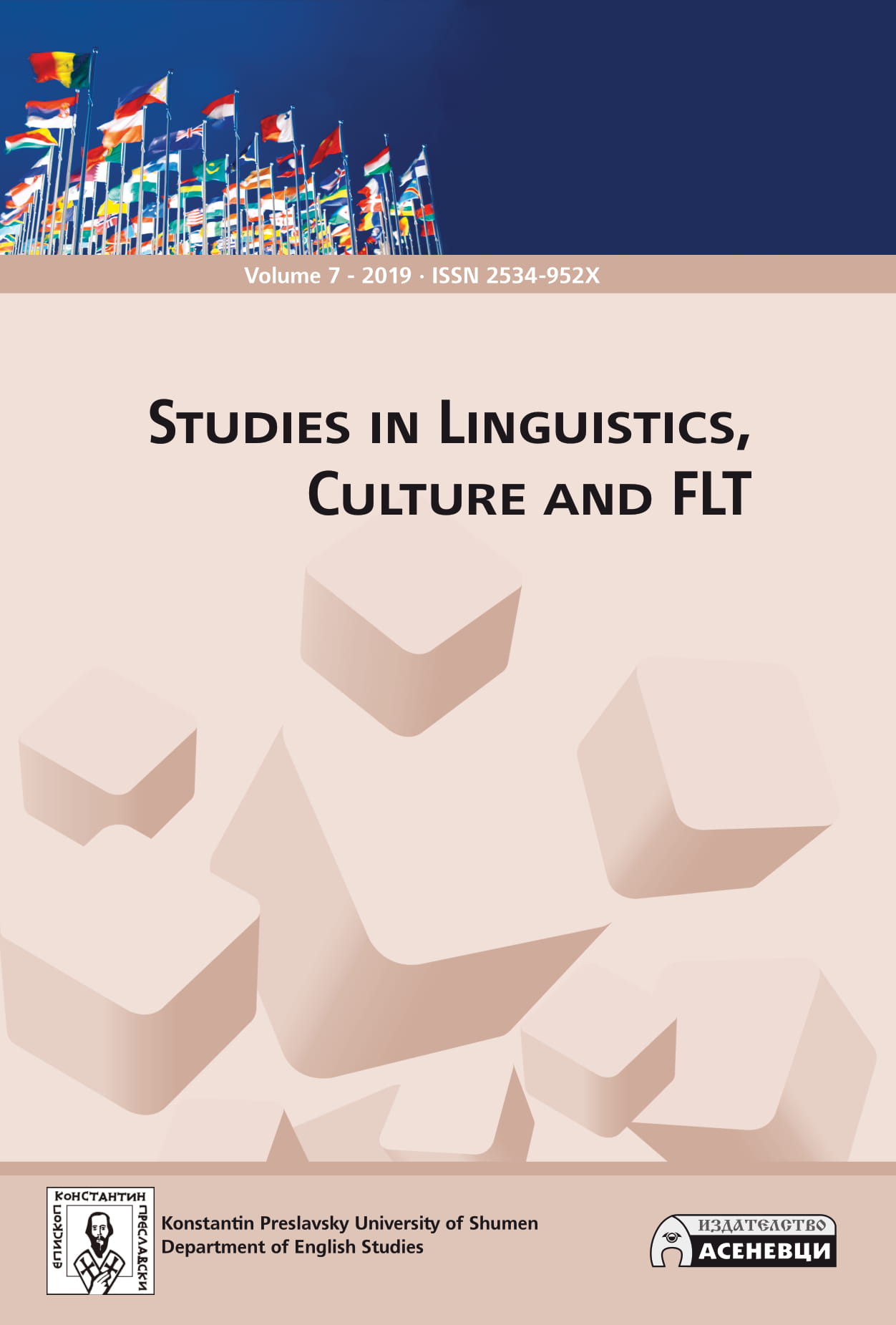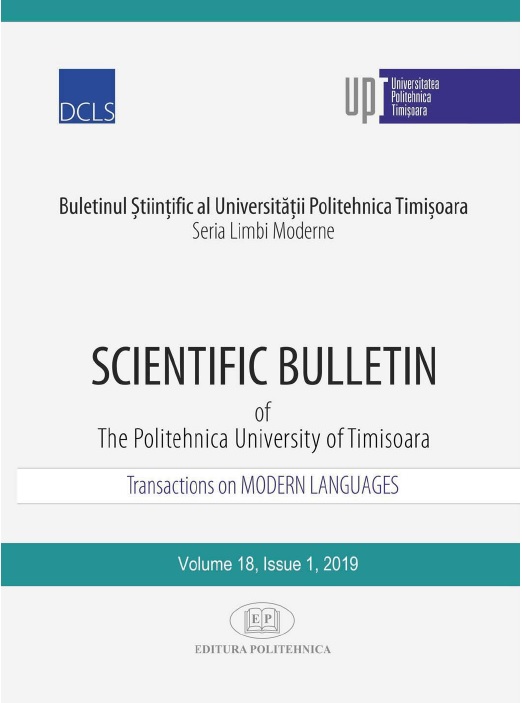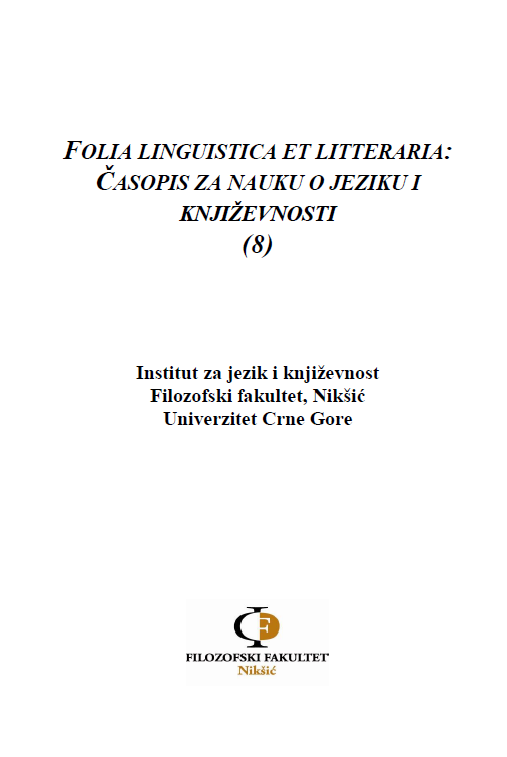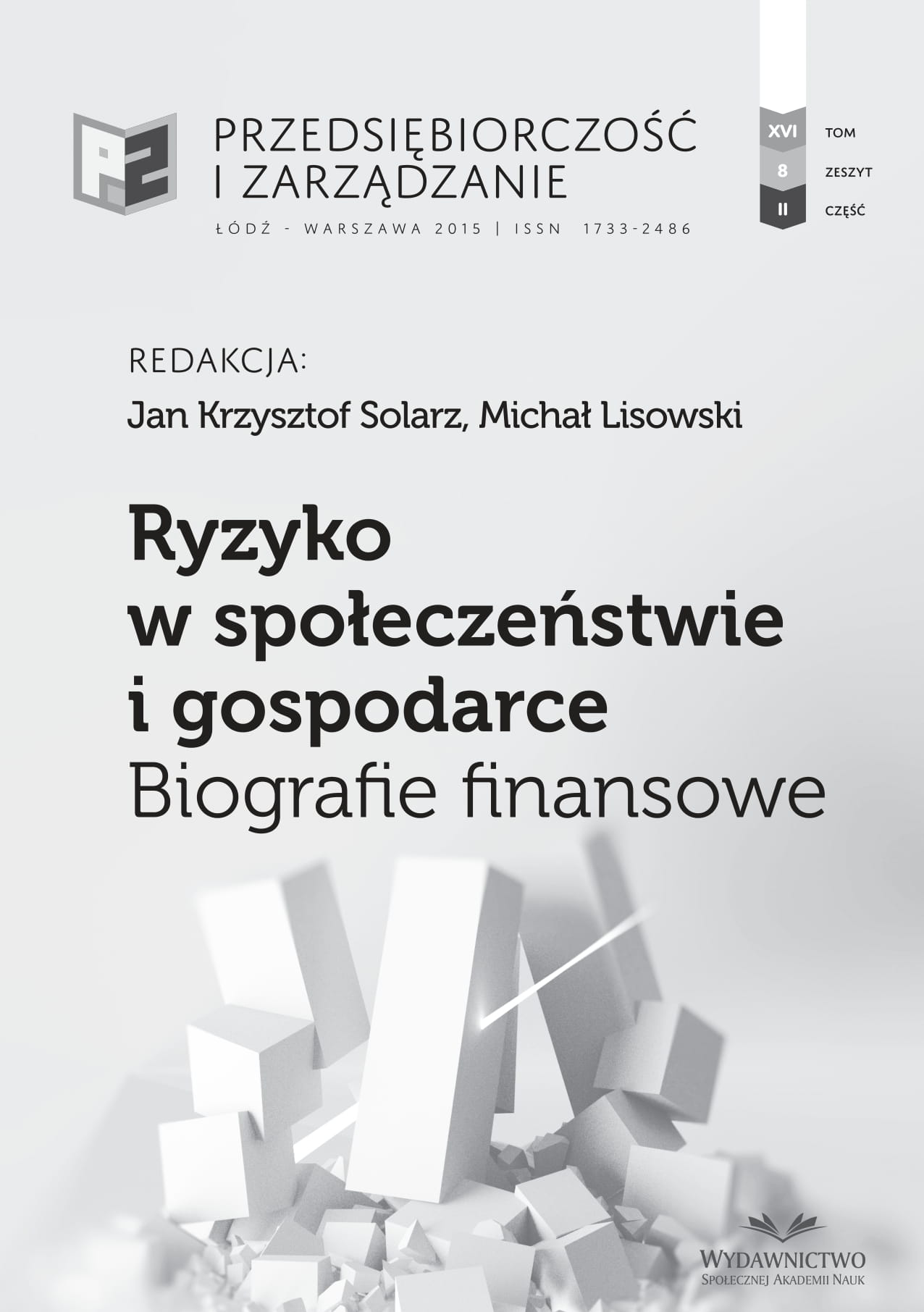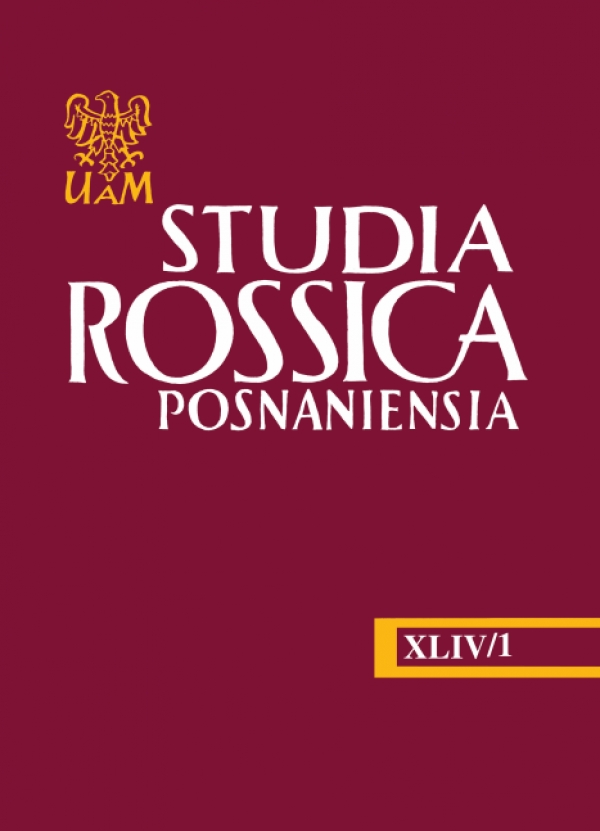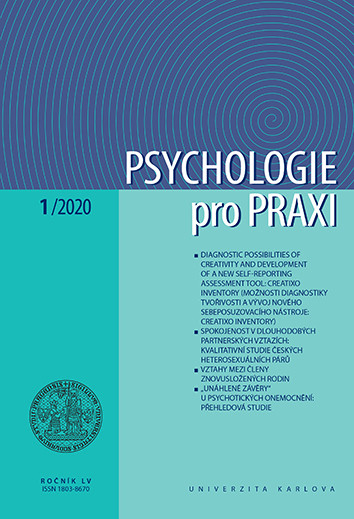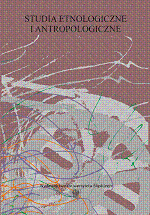
Qualitative studies in the evaluation of the occurrence of mental illnesses in the space of the city
Badania jakościowe w ocenie częstości występowania chorób psychicznych w przestrzeni miasta
The issue of the occurrence of mental illnesses was the subject of the studies published in both medical and sociological journals. The first pioneering works in this subject were written by R.E.L. Faris and H.W. Dunham from the Chicago school in 1944. Their work was based on quantitative studies. Qualitative studies, on the other hand, were hidden in the description and characteristic of the areas examined, and not enumerated in the methodology. The author of the article, conducting the research on the arrangement of people psychiatrically hospitalized in the area of Tarnowskie Góry, started from quantitative studies. Initially, though, he assumed that in these studies he can base on the administrative division of the city because the majority of the problems examined appeared in the estates with dominant flat estates whereas in the mixed structure districts dominated the problems in less attractive places. Knowing in which districts and areas the very problems dominate, one can make further considerations on the existence of possible relations. One’s own observations and deliberations on these places constitute the qualitative data stored in one’s mind. R.E. Park wrote that a researcher must “pass” many places to make his/her opinion. Thus, it is very likely that these initial observations, sometimes unintended, and, later on reconstructed, may give more information than an attempt to use selected techniques of qualitative studies, especially in such an attractive subject for the majority of inhabitants as the place of living of mentally ill people. One can add that a photographic method supplementing the data would be helpful here as it would leave certain openness for interpretation and freedom in selection of situations for consolidation and further analyses. The author of the work spent many hours thinking how to take an active part (a participant observation) and obtain information on a given subject in selected urban areas but as a rule, he was convinced that the issue of the occurrence of mental disorders the areas of the city was beyond a direct perception of its inhabitants.
More...
